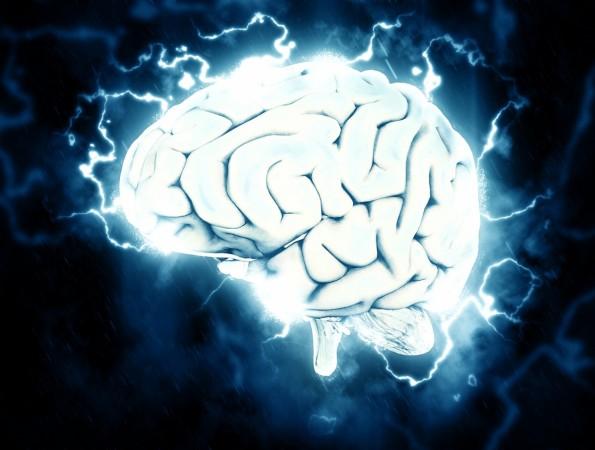
Ever had an argument with someone because both of you remember the same incident differently despite the fact that both of you were present when the incident had happened? This happens mainly because human memories are not perfect.
Though we all trust our minds, Elizabeth F. Loftus -- a researcher and professor of cognitive psychology and human memory, says that memories can be altered over time.
"It's pretty easy to distort memories for the details of what they actually saw by supplying them with suggestive information," Loftus told Business Insider.
In fact, it is even possible to implant false memories. Loftus said: "But then later we began to ask just how far could you go with people. Could you implant entirely false memories into the minds of people for things that never happened?"
Loftus and other researchers have successfully planted memories into the minds of otherwise healthy people. In one of their studies, 70 percent of subjects were made to believe that they had committed a crime like theft or assault by simply using memory-retrieval techniques in interviews.
The one theory for why our brains come up with these false memories is known as "fuzzy-trace theory." The term was coined by researchers Charles Brainerd and Valerie F. Reyna.
Humans have two types of memory: verbatim and gist. Verbatim memory is when we can vividly remember something in detail, and gist memories are fuzzy representations of a past event – that's why the theory is called "fuzzy trace."
"As we age, we rely more on gist and less on verbatim," Reyna said. "Almost everything important happens in life after a delay. For example, if you're a student you have to apply your knowledge not just on the quiz, but you have to remember it for the next semester, or in a job situation... It's not what you've just memorised that day or that week, it's remembering over a longer period. And gist has a much more powerful influence after a delay, as opposed to verbatim."
Fuzzy-trace theory predicts the dramatic effect of age on our memories known as "developmental reversal effect."
It means, from childhood to adulthood, there's an improvement in verbatim memory which lets us recall events in detail a lot better, but at the same time, there's an increase in gist memory.
In reality, we all may have manufactured false memories at some point, but according to Reyna, we get along just fine.
False memories may seem to be a cause for concern but Reyna believes that from an evolutionary perspective it might even be beneficial for us to get better at relying on gist memory.

















